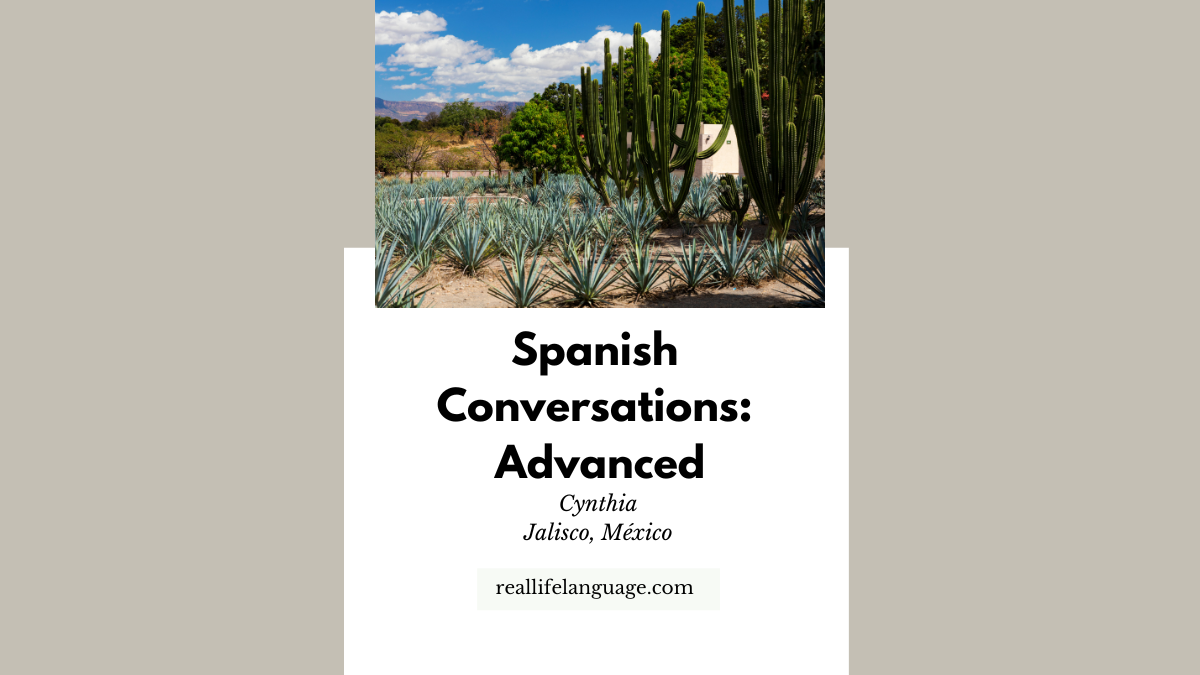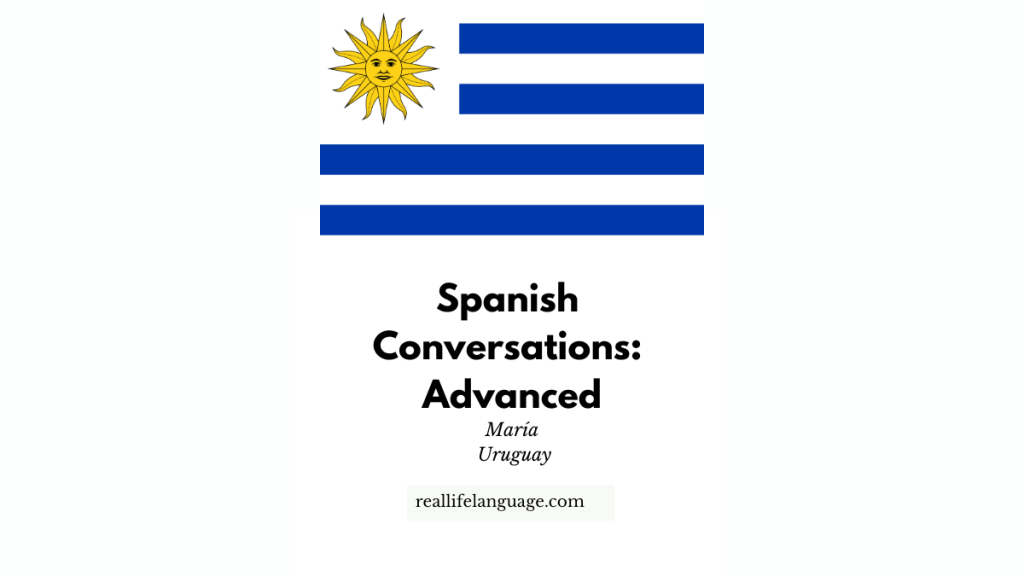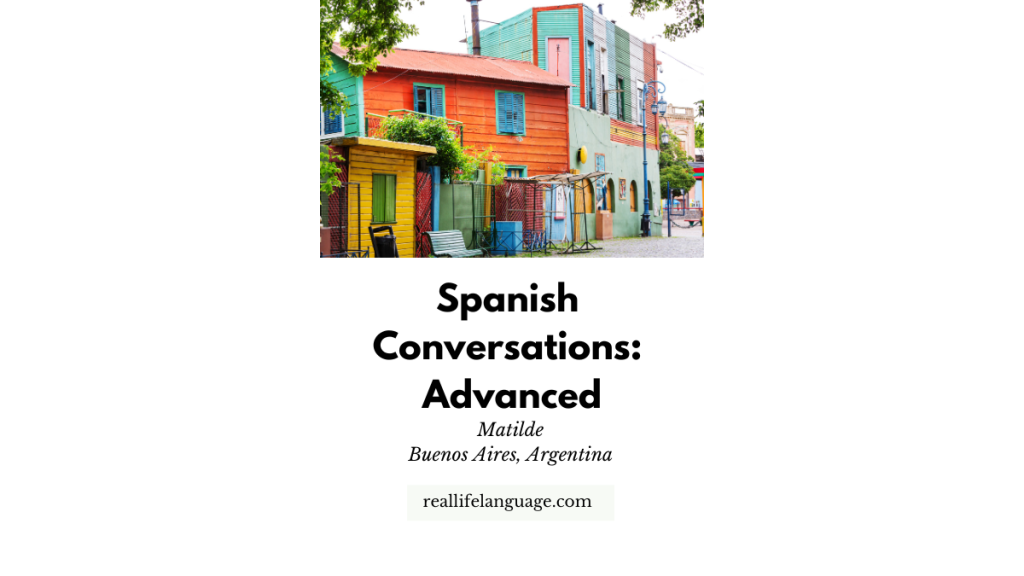
This article is based on an in-depth interview with Cynthia, a Spanish teacher from Jalisco, Mexico. It is written in third person and designed to help learners who want to learn advanced Spanish by combining real-life topics, cultural context and practical vocabulary. Readers will find useful phrases, example sentences, and cultural notes drawn from Cynthia’s experiences with work, family, festivals and the impact of the pandemic.
Introduction: who Cynthia is and why her story helps you learn advanced Spanish
Cynthia lives alone but stays close to her family. She teaches Spanish and enjoys meeting people from around the world. Her perspective touches on gender roles, safety, the economy, housing, education, local festivals and traditional food. For learners who want to learn advanced Spanish, her stories provide authentic situations and vocabulary that appear often in conversation.
Life and work: teaching, travel and meeting people
Cynthia explains that teaching Spanish has given her the chance to meet students of all ages, from children to retirees. She values the cultural exchange: she teaches language but also learns about students’ countries and lives. Her work is flexible, she enjoys traveling, saving for the future and exploring new places.
Useful phrases about work and daily life
- Vivir solo/a — to live alone. Example: Vivo sola y disfruto mi independencia. (I live alone and enjoy my independence.)
- Ganar experiencia — to gain experience. Example: Enseñar me ha dado mucha experiencia con diferentes edades. (Teaching has given me a lot of experience with different ages.)
Women, safety and social change
Cynthia discusses how women’s opportunities have improved compared to her mother or grandmother, with more access to study and work. At the same time, she highlights serious problems: gender-based violence, femicides and disappearances. She points out the contrast between increased opportunities and ongoing risks.
“There have been many changes that have favored women but of course on the other hand there are also difficulties in being a woman in our country.”
Economy, housing and education: real challenges
The pandemic left visible economic effects: inflation, job losses and families in difficult situations. In Cynthia’s region, growth in the tequila industry brought workers and students from other areas, driving up demand for rental housing and raising prices.
On education, Cynthia notes teachers work hard but schools lack resources. Many children fell behind during remote learning due to lack of internet and devices, creating a long-term educational gap.
Key vocabulary for these topics
- Inflación — inflation
- Rezago educativo — educational lag
- Alquileres escasos — scarce rentals
- Recursos insuficientes — insufficient resources
Festivals, food and traditions
Cynthia describes local celebrations: long September festivities for Independence Day and January fairs for Our Lady of Guadalupe. A unique tradition in Arandas is the “Flower Battle” during the Independence celebrations — people on horseback and on foot throw flowers instead of fighting, a peaceful remembrance of past conflicts.
Food is central: tacos are everywhere, and regional specialties like tortas ahogadas, mole and tamales bring families together. Grandmothers often pass recipes down during communal cooking events.
Food phrases learners can use
- Tacos (corn tortillas with meat) — “¿Dónde hay buenos tacos?” (Where are good tacos?)
- Torta ahogada — a spicy-sauced sandwich from Jalisco
- Mole — a traditional sauce often made for big family gatherings
- Tamales — usually prepared communally: “Vamos a hacer tamales en familia.” (We are going to make tamales with the family.)
Lessons from the pandemic and cultural reflection
Cynthia considers the pandemic a historic moment that forced people to value small things: family, health, and time together. She doubts whether habits will change permanently for most people, predicting many will return quickly to pre-pandemic social life.
Practical language tips to learn advanced Spanish from this conversation
- Listen for contrasts and connectors: pero, aunque, sin embargo. These appear often when discussing complex social topics.
- Practice narrative tenses (pretérito vs imperfecto) to tell stories about family traditions and past events: “Cuando era niña, íbamos de viaje cada año.
- Use topic-specific vocabulary (economía, educación, violencia de género) and make short flashcards with example sentences.
- Shadow the speaker: repeat lines aloud to improve pronunciation and rhythm, especially local words like jimadores (agave harvesters) and batalla de las flores.
- Role-play interviews: practice asking and answering questions such as “¿Cómo es la educación en tu ciudad?” or “¿Cómo celebran las fiestas locales?”
Conclusion
Cynthia’s interview offers a rich resource for learners who want to learn advanced Spanish through authentic content. Her topics—work, gender, economy, education, festivals and family—provide vocabulary, cultural insight and real conversational structures. Learners can use the phrases and practice tips above to deepen comprehension and speak more confidently about complex social subjects in Spanish.
100s of videos to learn Spanish:
https://real-life-language.kit.com/b1531a6404
How I Used ChatGPT to Evaluate My Language Proficiency (And How You Can Too)

